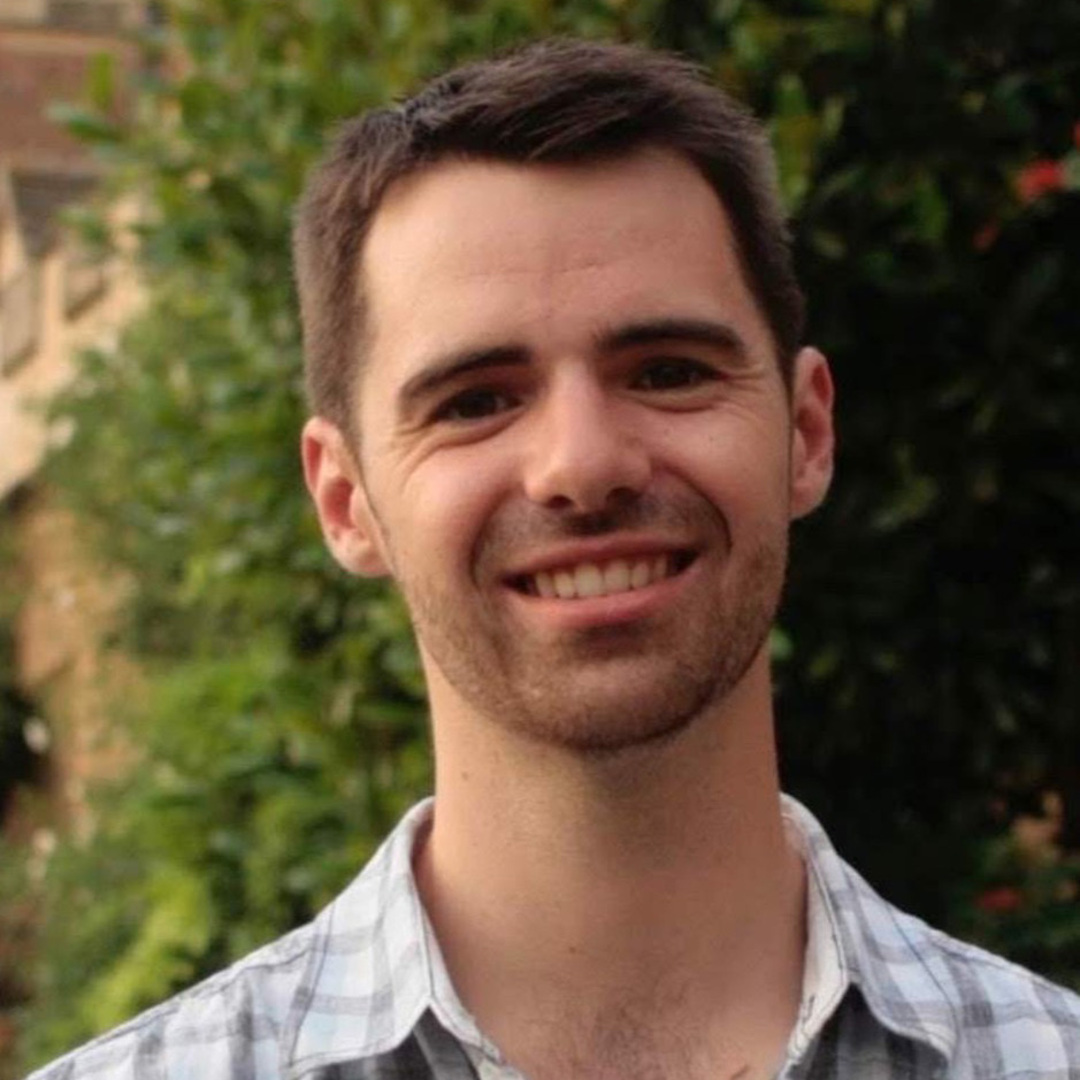News

Introducing our Academic Network Leader
Meet the T&S team! We sat down for an interview with our Academic Network Leader, Dr. Matthew Pawlak.
• Where are you from?
I'm Canadian from Red Deer, Alberta. Which is basically the Luxembourg of my home province if you count Calgary and Edmonton as the Paris and Brussels of Alberta. I will leave it to those who have been to all these places to decide if that’s a fair comparison.
• What’s your educational and professional background?
I did my BA back in Alberta at the university of Lethbridge (English and Religious Studies), then drove east for 36 hours to do an MA in Religious Studies at McMaster University in Hamilton, Ontario (not so far from Toronto). From there I moved to the UK to do a PhD in Theology and Religious Studies at the University of Cambridge, where I also picked up some academic teaching experience. Since finishing the PhD in 2020 I did postdoctoral work at the University of Tübingen and the University of Zürich before taking up the Network Leader position here in Luxembourg.
• What motivated you to join T&S?
I've always enjoyed my research; it was great fun becoming the world expert on ancient Greek sarcasm (by the way, if this topic sounds fun to you, by all means check out my book Sarcasm in Paul’s Letters). But for my next project I wanted to take on something with more immediate social relevance. So T&S was a great opportunity to work on a subject that plays a major role of a lot of the issues were facing today.
• What’s your role in T&S?
I do bit of everything. I work with Prof. Ehret on defining the vision, strategy, and goals of T&S, then I work with Johanna on making that vision a reality. This includes building and managing the network, grant writing, event planning, writing content for this website, and also working on my own research project.
• What’s the best part of your job?
I’m the sort of person who finds optimizing and organizing intrinsically satisfying, so a job with a bunch of projects on the go suits me well. I also love interacting with researchers outside my discipline. When I was doing my PhD in Cambridge, I was surrounded by scientists, historians, and engineers and I found that constantly interacting with people working in other areas is not only very interesting, but also helps you think of your own work in a different way. So I’m excited to build a network that brings as many disciplines and perspectives together as possible.
• What can people contact you for?
Pretty much anything to do with T&S: sharing research, news, resources, and events, becoming a member, setting up academic/industry collaborations, or just if you want more information about the network and/or trust. I speak English, German, and French, so feel free to get in touch in any of those languages.
• Where do you see T&S in 5 years?
There are a few different levels: the big picture is to make the network a vector for bringing together trust research and trust researchers across disciplines, and then to find ways of connecting trust research with the social actors and institutions who can most benefit from it. I want to be able to offer trust researchers a tool for sharing their work and getting an overview of the field all in one place, and I want to give the public a resource for finding high quality information about trust. On a smaller scale, the goal is to develop a research center on trust at the LSRS and create a network of collaborations with other scholars and research groups.
• What do you like to do when you’re not working?
I go through audiobooks very quickly, usually at 1.8x speed, but I’m starting to dabble with 2x. Biking and bédés (French graphic novels) are the hobbies of choice for this year. Cooking is a mainstay: Thai curry, burritos, or something involving pasta are the go-to options when trying to impress my friends.
• What’s your favourite movie, song, book, colour, vegetable?
Scott Pilgrim vs the World, Thunder Road, Crossroads, green, eggplant.